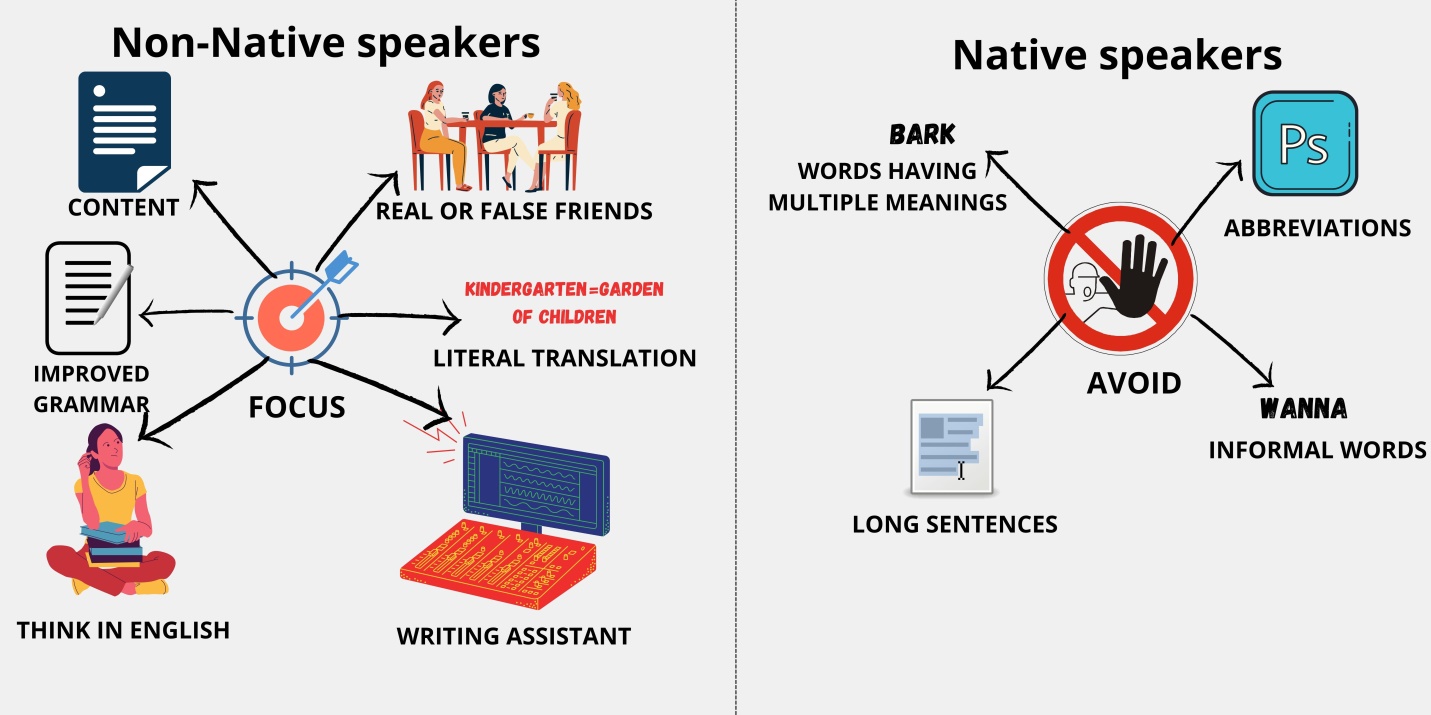Breaking The Native-Speakerism Bias
25th November 2021

Teaching English as a second language (ESL) needs commitment as well as hard work. English has become a universal essential skill for the job and education market with a core subject of the curriculum all around the world. However, till now, most of the people do get affected by an unconscious bias...the Native Speaker-ism. It is a controversial one though!
Native-speakerism philosophy underpins the entire ESL recruitment process. Nevertheless, the acceptance of non-native English speakers is emerging nowadays. There has been a lot of discussion in the past years about whether native or non-native speakers are better at English language teaching. Schools Always Prefer Native Teachers – this has also become a myth now!
As Galvão said, “This language no longer ‘lives’ in the mouths of native speakers.”
What is native-speakerism?
Native-speakerism ideology refers to the idea that native speaking teachers (people from countries where English is the first language) are somehow naturally better at teaching English than non-native speakers.
Unfortunately, this belief is prevalent and leads to regular favouritism against ELT professionals who don’t speak English as their first language. Furthermore, the major effect of this favouritism is the obstacle that it creates for professed non-native teachers of English.
Things That Matter to English Language Learners
There have been an end number of instances when people argue that Non-Native English-Speaking Teachers show fine linguistics because of their correct pronunciation and grammar. On the other hand, various studies have found that there are several advantages to being a non-native English teacher.
ESL learners are encouraged to learn from Non-Native English-Speaking Teachers as they strongly believe that they are learning English from someone who also learned it as a second language.

Non-Native English-Speaking Teachers are more understanding of students’ difficulties, therefore providing a common and safe environment to develop learning. Also, Non-Native English-Speaking Teachers usually have more extensive training in teaching English with a TEFL certification. This means that they have done the same thing their students are doing.
Non-native speakers are also better able to give details about grammatical rules and concepts to their students. Thus, gaining an accredited TEFL certificate certainly evens out the playing field. This can additionally provide learners with much-needed confidence and stimulus to see that it’s possible to learn English to that level.
Generally, non-native English speaking teachers are bilingual or frequently speak even more languages. Studies show bilinguals do have more resourceful brains and tend to think in a different way than monolinguals.
The cultural perspective brought by Non-Native English-Speaking Teachers into the classrooms is crucial. Students recognize a lot about the English-speaking culture but frequently don’t know much about other countries. Non-native English speakers are perhaps going to be easier to find if you don’t live in an English-speaking place.
The Bottom Line
Well, today’s English teachers come from a wide range of diverse countries. Besides, today’s English teachers have different levels of understanding of the target language and culture. Unfortunately, not everyone recognizes this up till now. Hence, the Live Online TEFL/TESOL Course is shaping tomorrow’s ESL/EFL professionals. For Non-Native English-Speaking Teachers, a TEFL/TESOL certificate is a must to survive in this competitive field.
If you're looking for some creative ways to teach English abroad, then you'll find our resources helpful in your classrooms!
